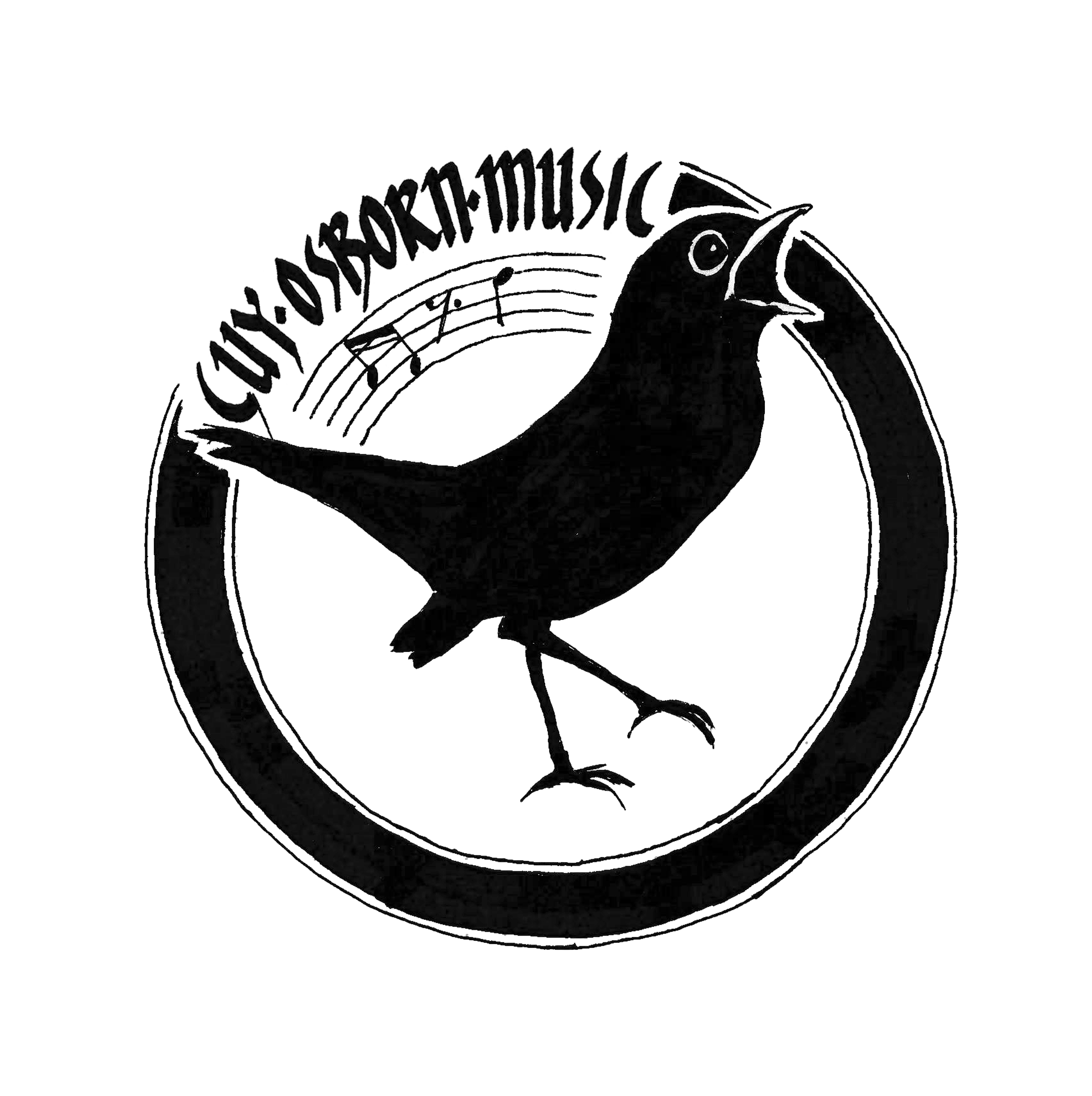Guitar & Vocals
I offer one-to-one guitar and singing tuition in English, German and French to students of all ages in Berlin and the surrounding area.
I have been playing guitar and singing professionally for at least ten years, in a variety of genres, but my background is principally in folk music. For me, the path to improving as a musician, a journey I’m very much still on, can be broken down into the following elements, in no particular order.
Technique: everything to do with the mechanics of your body: I’m a big believer in the value of practising with a metronome, although I didn’t discover this until relatively late in my career.
Ear: I think a good ear is essential to musicianship and it’s something to start early. I think it’s a good idea for students to try and learn songs or pieces by ear almost from day one.
Rhythm: I think this is an often-overlooked element of musicianship, particularly for beginners. With kids, for example, it almost makes sense to start just with rhythm exercises, before they even pick up an instrument. It’s the most embodied part of musicality.
Theory: Music theory, at least the basics is, of course, important when improvising and writing but, even when playing something exactly as it’s written, having an understanding of exactly what’s going on, mathematically so-to-speak, allows you to phrase things more naturally, because, in conjunction with your ear, it helps you better feel where there’s tension and where it’s released, where notes are supposed to be the centre of attention and where it’s better if they’re a bit more subtle.
Mindset: this is the final and perhaps the most important thing I have to teach. I have always been lazy about my music practice. When I started playing the guitar as a teenager, my ‘practice’ amounted, almost exclusively, to sitting in front of the television and endlessly noodling up and down the neck, mostly just playing pentatonic scales. I’m better now in that I practice specific things to a metronome, I have specific goals and time-periods, &c. but it’s still a constant struggle. I think the most key thing to improving as a musician and the way that it makes the most difference in your life is to develop good habits and internal self-discipline. But developing those habits and mindset is a subtle balance between brute force and going with the flow of one’s interest. A former teacher of mine once gave me this golden piece of advice: “The best practice is the practice you actually do.” I also believe that my own historic failings in this area have given me insight into how to instil those virtues in my students.
A note on style: I, personally, have quite an idiosyncratic style, both as a guitarist and a singer. I play a nylon-stringed guitar with a strap, in a style that is something of a hybrid between American fingerpicking and classical technique, a mix which gives me easy access to a lot of the fingerboard while allowing for bluesier bends and vibrato. Similarly, my singing style is quite personal: I learned to sing mostly through singing bluegrass harmonies and melismatic English folk songs.
Of course, as a teacher, my job is not to indoctrinate you into my own way of playing or singing; it is to help you find for yourself the path you want to follow. But any teacher’s particular playing style is likely to influence their students to some extent, so it’s worthwhile spending some time thinking about whether I would be a good fit for you.
If you would like guitar or singing lessons, please contact me below:
